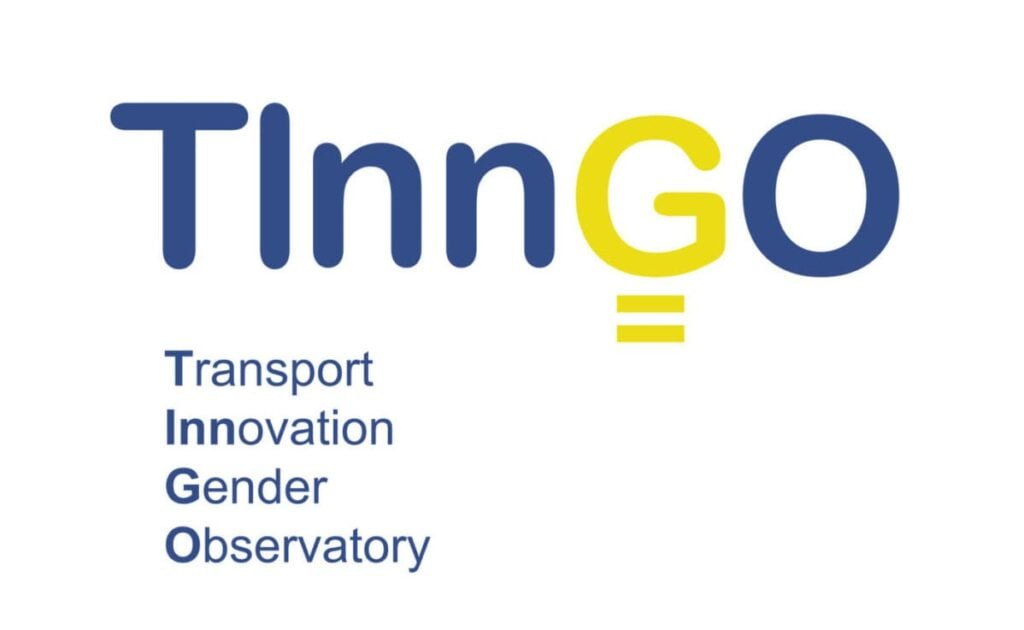Sustainable Urban Integrated Transport Systems: Transferable tools for S-M local authorities (SUITS)

Previous EU projects identified systematic failures in the capacity of local authorities and their partners – lack of infrastructure, critical mass and resources and poor data collection and analysis. This capacity deficit is a handicap in implementing sustainable transport measures, causing the loss of social and economic well-being for citizens.
Withtechnological and mobility changes, there are new players in the transport market. SUITS is one of three CIVITAS SUMPs-related projects, alongside CIVITAS PROSPERITY and CIVITAS SUMPs-UP. The three projects have brought together more than 80 actors working towards a common goal: to support cities across Europe to develop and implement Sustainable Urban Mobility Plans.
Using a socio-technical approach, SUITS aims to develop the capacity of small and medium local authorities – sharing good practice from larger local authorities and, at the same time, create tools and methodologies that meet the needs of small towns to increase their capacity to plan, finance and implement sustainable transport measures and create new business opportunities. The overall objective of SUITS is to increase the capacity of local authorities to develop and implement strategies, policies, technologies, practices, procedures, tools, measures and intelligent transport systems that are sustainable, inclusive, integrated and accessible. The most relevant areas of capacity building are: Innovative financing, Evidence & argument; Mobility intelligence; Freight and citizen gathering; Procurement; Safety and security.
Within such framework, VTM was asked to assess the cities’ current situation regarding mobility and transport. Each city set up an internal work group that supported an external evaluator, who implemented the evaluation process. A detailed assessment of resources and capacities highlighted the gaps limiting the implementation of SUMPs. The assessment was done at the local (resources, skills motivations), organisational (use and availability of data) and institutional (policies and regulation) levels. The identification of gaps was obtained through a SWOT analysis. Strategies were also defined to transform data into useful information for decision-making, with special emphasis on the integration of passenger and freight data.
Related case studies
All case studies
Mobility and transport plan for the World Youth Day, Lisbon 2023
The Portuguese Government established a team to coordinate and prepare many of the aspects of the World Youth Day 2023, in Lisbon. WYD is the largest Catholic event, bringing together hundreds of thousands, even millions, of young people from all over the world for various meetings with the Pope. VTM was chosen to develop the […]

Transport Innovation Gender Observatory (TInnGO)
Women face higher risks and burdens than men in transport, due to unequal access to resources, education, job opportunities and entrenched socio-cultural norms. No former EU-funded project had applied an intersectional gender approach to smartening transport. TInnGO therefore lead research into a new era and used such knowledge to achieve impacts on Social, Economic, Environmental […]
